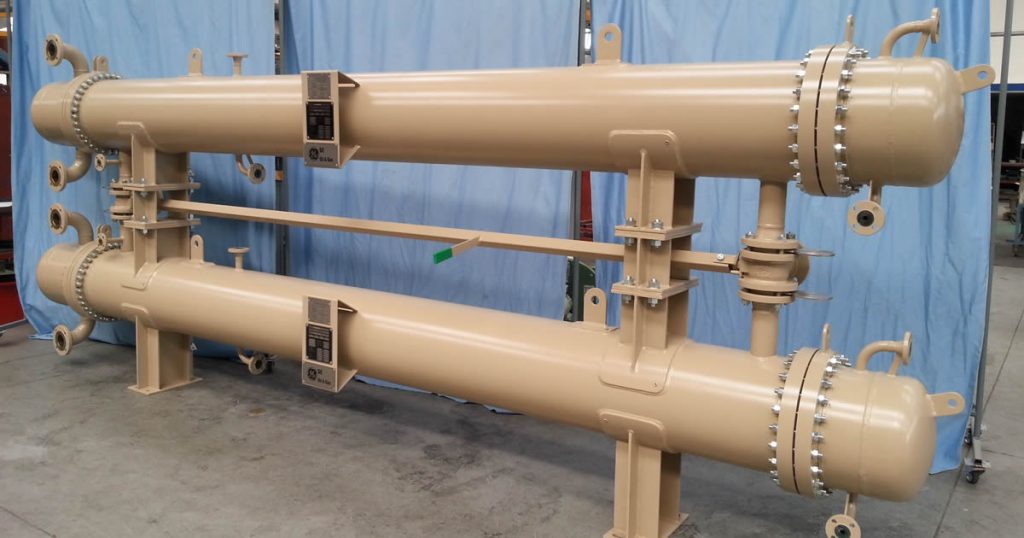Why oil Cooling is important?
Oil cooling is critically important because oil is the lifeblood of any engine or gearbox. Its job goes far beyond just lubrication, and its ability to perform that job depends entirely on staying within a specific temperature range.
Here’s a breakdown of why oil cooling is so essential, moving from the core problem to the specific benefits.
The Core Problem: Heat is a Destructive By product
In any mechanical system (engines, transmissions, hydraulic systems), operation generates immense heat from:
- Friction: Metal parts moving against each other.
- Combustion: In engines, the explosion of fuel-air mixture creates extreme heat.
- Shearing: Oil itself heats up as it is constantly squeezed and sheared between moving components.
If this heat is not managed, oil temperature rises to dangerous levels.
Consequences of Overheated Oil (Why Cooling is Needed)
- Breakdown of the Oil Itself (Oil Degradation):
- Oil is a carefully engineered blend of base oils and chemical additives. Excessive heat cooks the oil, causing it to:
- Oxidize and Sludge: It becomes thick and sludgy, like dirty tar. This sludge clogs oil passages, starving components of lubrication and causing catastrophic failure.
- Lose Viscosity: It can also become too thin, losing its ability to maintain a protective film between parts. Thin oil leads to increased metal-on-metal contact.
- Loss of Lubrication & Increased Wear:
- The primary job of oil is to prevent metal surfaces from touching. Overheated, thin oil cannot form a strong lubricating film. This leads to rapid wear, scoring, and seizing of critical components like bearings, pistons, and camshafts.
- Increased Corrosion:
- Heat accelerates chemical reactions. Acids and contaminants that naturally form during combustion and oxidation become more corrosive at high temperatures, eating away at metal parts from the inside.
- Reduced Performance and Efficiency:
- Thin, overheated oil leads to blow-by (oil passing piston rings into the combustion chamber), reducing engine compression and power.
- It also increases parasitic drag as components move less efficiently.
The Flip Side: Oil Can Also Be Too Cold
This is why many oil cooling systems have a thermostatic bypass valve. When oil is too cold:
- It becomes too thick and viscous.
- It cannot flow easily to all parts of the engine quickly, leading to start-up wear.
- It causes higher pumping resistance, reducing fuel efficiency and power.
